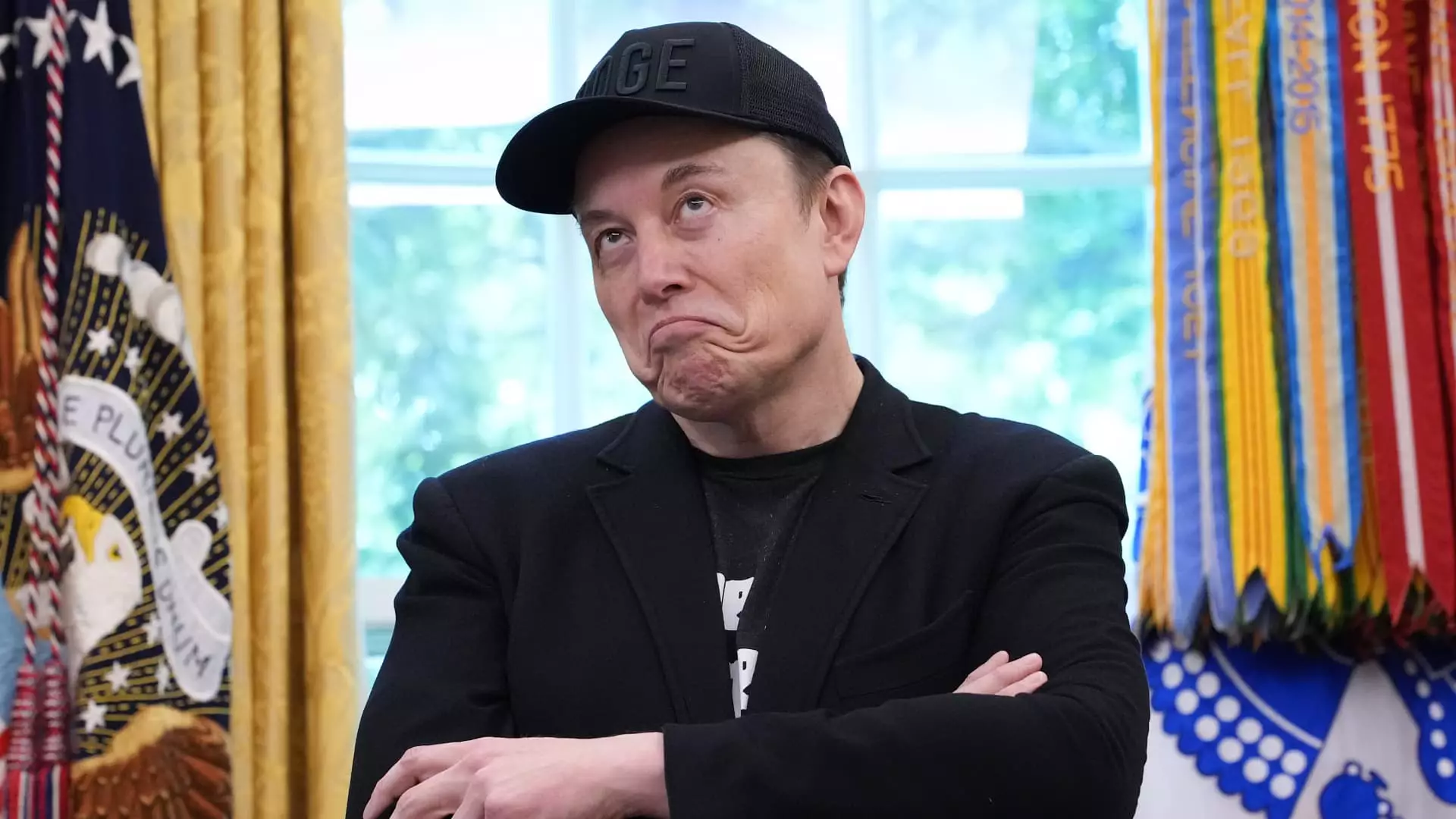In recent debates over a colossal spending bill, voices from the center-right spectrum have expressed justified concern about the long-term implications of reckless fiscal policies. Elon Musk’s vocal opposition—and his characterization of the bill as “DEBT SLAVERY”—highlight a critical skepticism many conservatives hold: that excessive government borrowing and unfocused expenditures undermine the very foundation of economic freedom. While proponents tout short-term benefits and political wins, the reality is that such massive deficit spending risks binding future generations with unsustainable debt obligations that could stifle innovation and economic growth.
The bill itself, containing trillions of dollars in tax cuts, increased spending, and significant cuts to vital programs, epitomizes a shortsighted approach that favors immediate political gains over fiscal sustainability. The White House dismisses critiques like those from the Congressional Budget Office, yet the data remains stark: adding potentially $3.4 trillion to America’s mounting debt over the next decade casts a long shadow over future prosperity. This vast accumulation of debt, far from being a mere number, signals a future where economic mobility and national security are compromised, and where the burden of servicing this debt limits policy flexibility.
The Contradiction of Green Initiatives and Political Defaults
Tesla and Musk’s vocal stance against environmental cutbacks, especially cuts to electric vehicle incentives, underscores a broader ideological tension: the necessity of embracing sustainable energy solutions while navigating the political maelstrom of budget battles. The cutbacks to solar, wind, and EV credits reveal a tragic dichotomy—while green energy is vital for long-term ecological health, short-term political expediency often tramples these industries’ growth prospects. Musk, as an innovator dependent on these policies, underscores that government decisions, driven by political motives, can rapidly undermine the very sectors poised to transform America’s economy.
The recent public spat between Musk and Trump signals more than personal animosity; it exposes an ideological fault line. Musk’s depiction of the bill as “debt slavery” resonates with those who believe economic freedom is tethered to responsible government spending. Conversely, the political establishment’s focus on short-term political wins—be it tax cuts or spending hikes—demonstrates a reckless disregard for fiscal discipline, risking a future where economic independence is compromised by unsustainable debt loads.
The Market’s Reflection of Fiscal Recklessness
Corporate and investor reactions to these political battles offer a sobering reflection of the stakes involved. Tesla’s sharp decline in market value amid the ideological feud exemplifies that economic stability cannot be disregarded. Market confidence, built on stability and prudent fiscal management, is vulnerable when political leaders prioritize short-term gains over long-term fiscal health. The stock’s sluggish recovery signals that investors remain wary of policies that threaten the foundational principles of responsible governance.
In the end, the debate transcends individual companies or personalities; it encapsulates a fundamental question about America’s economic trajectory. Will the nation continue down this path of chasing political wins at the expense of sound fiscal policy, or will it recognize that true prosperity requires discipline, restraint, and a long-term vision? The center-right perspective urges a shift away from reckless deficits and towards sustainable growth—priorities that safeguard individual freedoms, economic opportunity, and national resilience for generations to come.

